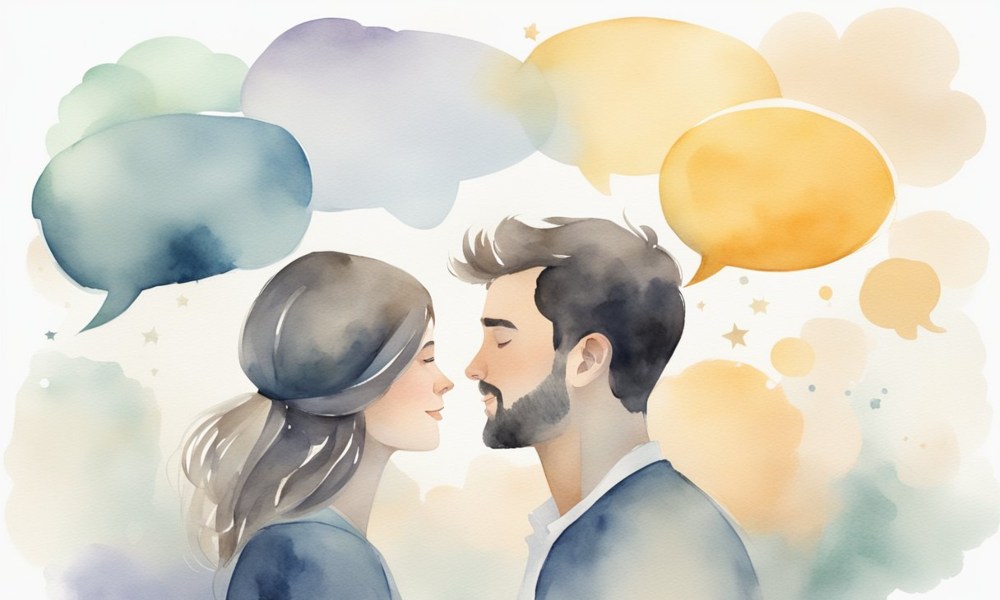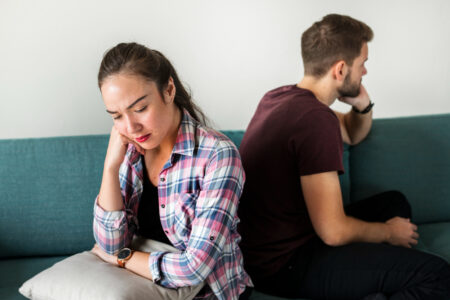Good communication is essential for strong relationships. It helps things go smoothly. This article shares helpful communication advice.
- Don’t feel responsible for others’ feelings – you can’t control them
- It’s OK if you upset someone by accident – their reaction is their choice
- Show understanding even if you disagree with someone’s feelings
- The goal is to meet both people’s needs in a caring way
Does having better communication skills sound helpful? Read on to learn more.
Stop Taking Responsibility for Others’ Emotions
Many people grow up thinking they must act a certain way to make others happy. For example:
- “Be a good boy so Mommy’s happy”
- “Don’t do that or I’ll get mad”
This conditioning makes us feel responsible for others’ emotions. But the truth is, you can’t control how someone else feels. You can influence them, but only if they let you.
Think about two people stuck in traffic. One gets stressed and angry, while the other stays calm and listens to music. They are in the same situation, but they react differently based on their mindsets.
The “Obnoxious” Stage of Communication Growth
When people first realize they aren’t responsible for others’ feelings, some go too far. They think, “I can say whatever I want – your feelings aren’t my problem!”
This is an “obnoxious” stage some go through. It’s freeing at first but ultimately unhelpful.
Emotionally Liberated Communication
The ideal is “emotional liberation” in communication. This means:
- Not feeling responsible for others’ emotions
- Taking full responsibility for your feelings, actions, and intentions
- Having compassion for others’ feelings
- Working together to meet both people’s needs
For example, say your spouse is disappointed you’ll miss date night due to a work event. With emotional liberation:
- You don’t take their disappointment as your fault
- You understand and share their sadness about missing quality time
- You look for solutions to spend time together anyway, like a weeknight date
This balanced approach prevents resentment. You own your feelings, respect theirs, and collaborate.
Tips for Emotionally Liberated Communication
Where might you be emotionally enslaved, feeling responsible for someone’s emotions? A parent, friend, co-worker? Practice these emotionally liberated habits:
- Validate the other person’s feelings with statements like “I understand you feel disappointed”
- Calmly state your perspective without blame, e.g., “I also wish we could do our normal date night”
- Look for reasonable compromises and solutions, not winning or forcing your way
The goal is open communication, where both people’s needs matter. With practice, this becomes natural.
Making Communication a Priority
Good communication oils the gears of any relationship. When you communicate with emotional liberation:
- You take responsibility for your intentions and emotions
- You have empathy for others’ feelings without taking them on
- You collaborate to meet everyone’s needs reasonably
This creates understanding. Fights and resentment diminish when you get communication right.
Where is communication currently a struggle in your life? How might applying these ideas help build more trust and unity? Mastering emotionally liberated communication unlocks a deeper connection.
















